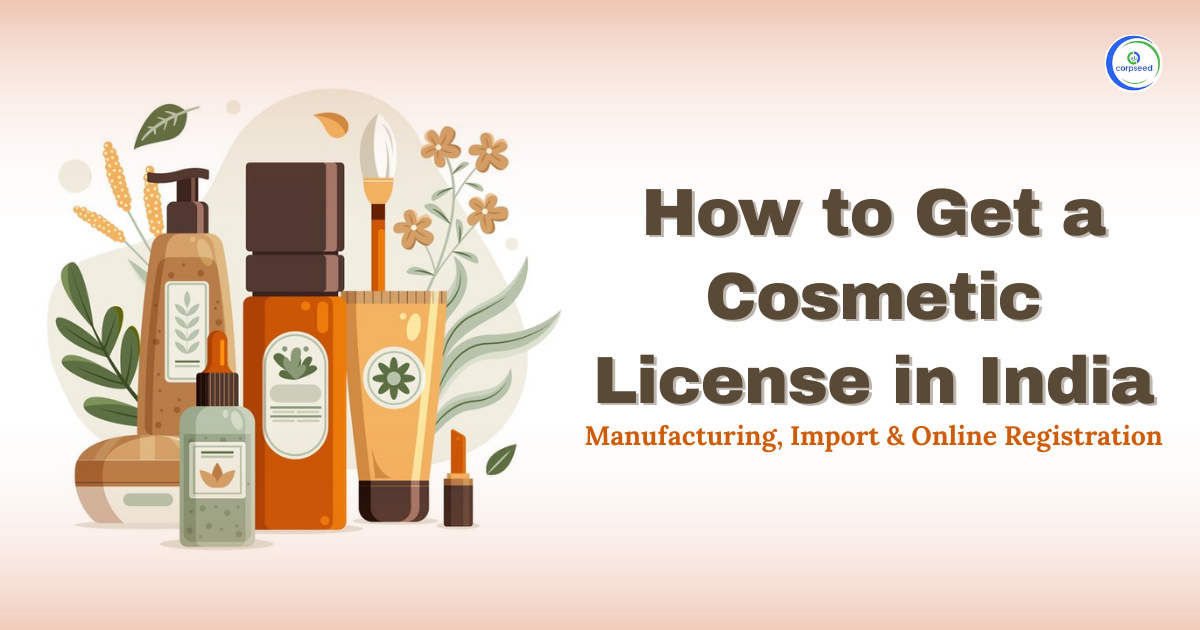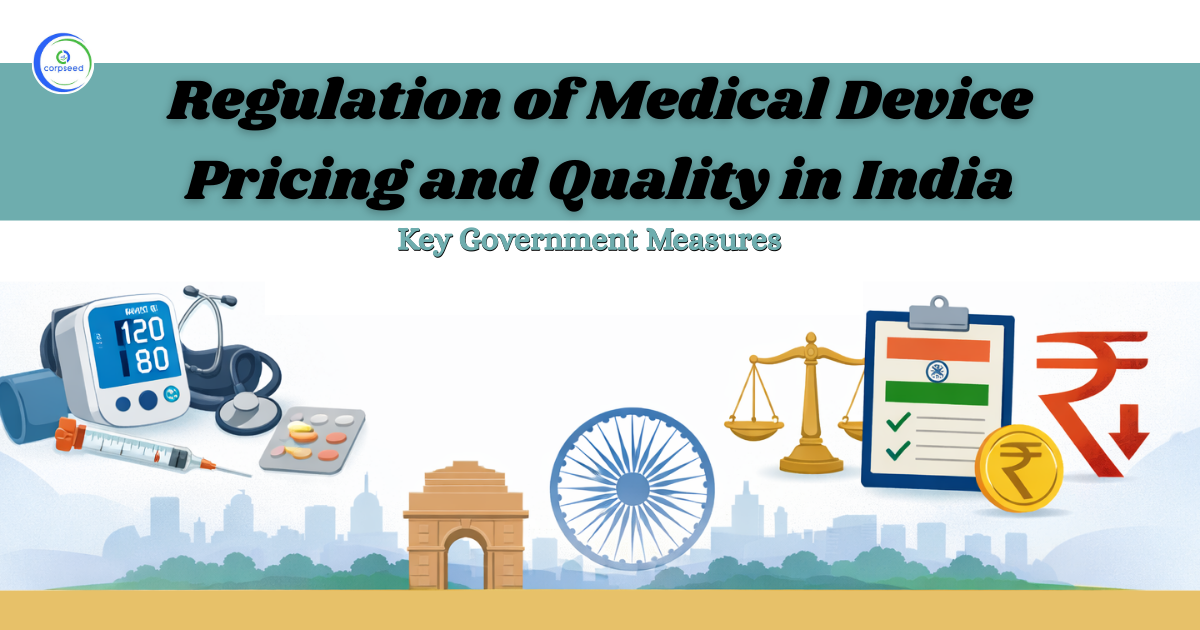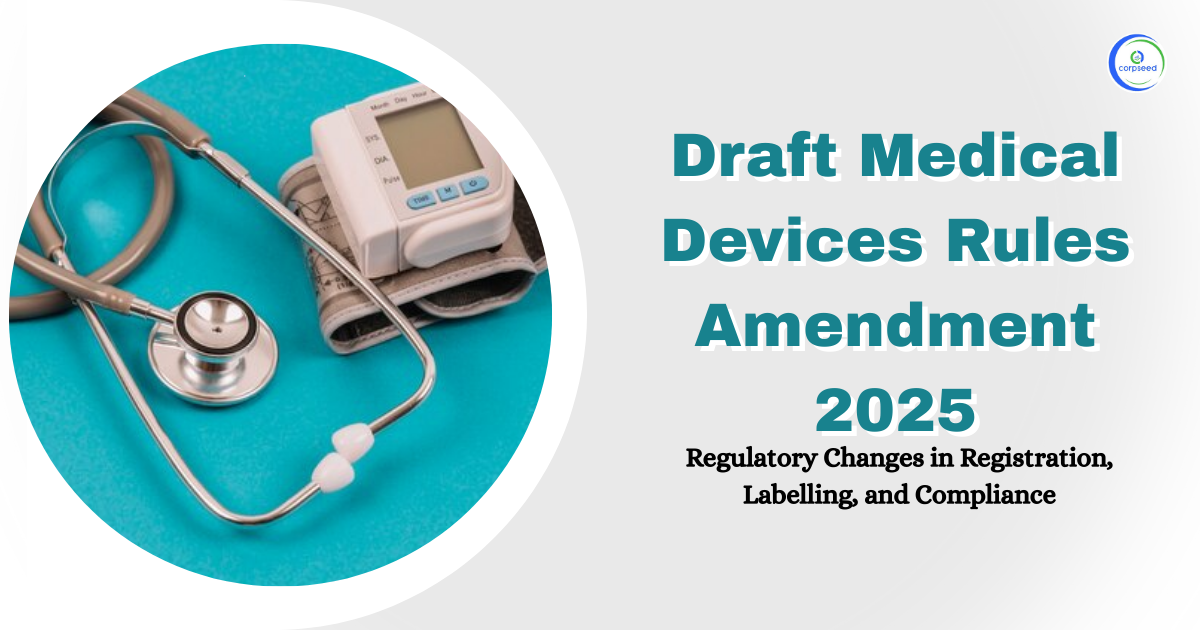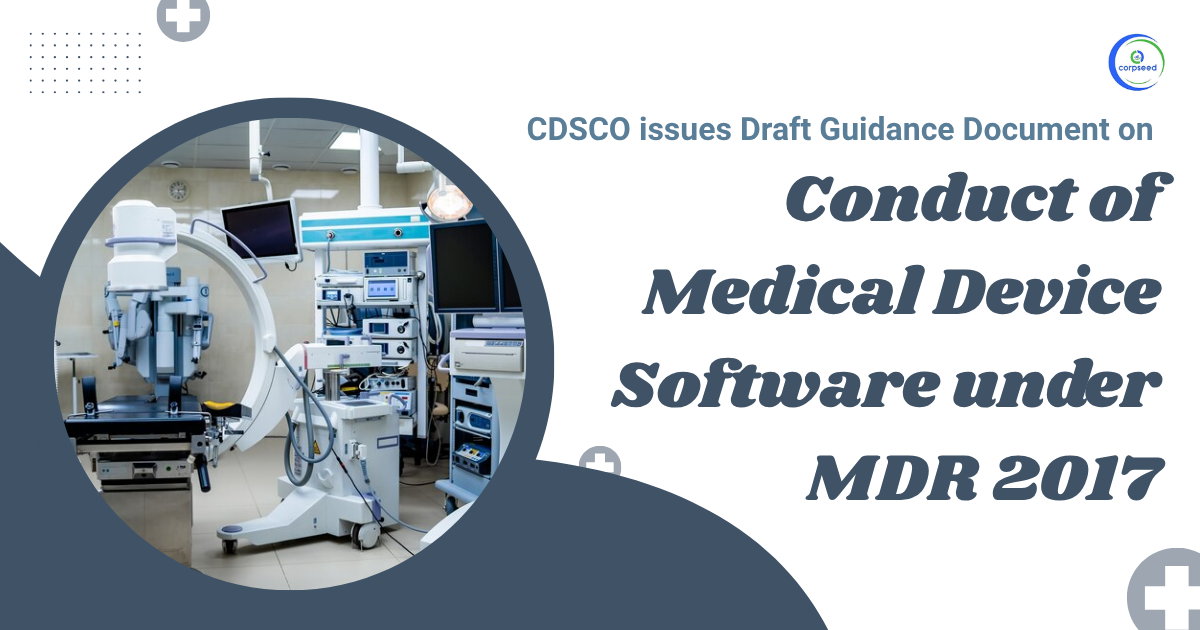The cosmetic industry in India is expanding rapidly, with increasing demand for skincare, haircare, makeup, and ayurvedic products. To ensure consumer safety and maintain product quality, regulatory approval is mandatory before manufacturing or selling cosmetic items. Obtaining a cosmetic license plays a vital role in this process, as it allows companies to legally manufacture, distribute, and sell beauty and personal care products. Whether for herbal formulations or modern cosmetics, proper authorization ensures compliance with the Drugs and Cosmetics Act, 1940 and guidelines set by the Central Drugs Standard Control Organization (CDSCO).
Table of Contents
--------------Blog Contact Form-------------
What is a Cosmetic License in India?
A cosmetic license is a legal authorization granted by the Central Drugs Standard Control Organization (CDSCO) or the State Licensing Authority (SLA) that permits businesses to manufacture, sell, or import cosmetic products.
As per the Drugs and Cosmetics Act, 1940, cosmetics are products intended to be applied on the human body for cleansing, beautifying, altering appearance, or promoting attractiveness. Examples include:
- Skincare products: creams, serums, moisturizers, lotions
- Haircare products: shampoos, oils, conditioners, hair dyes
- Makeup products: lipsticks, eyeliners, nail polish, foundations
- Ayurvedic cosmetics: herbal oils, natural face packs, and traditional formulations
Without proper cosmetic license registration, businesses cannot legally market or distribute these products. Non-compliance can lead to seizure of goods, penalties, or closure of business operations.
Importance of Cosmetic License in India
A license for cosmetic products in India is more than a legal formality, it is a measure to protect consumer health. Since cosmetics directly affect skin and hair, regulatory checks guarantee that ingredients used in production are safe, tested, and compliant with Indian standards.
The absence of a proper cosmetic business license can lead to regulatory action, product bans, or restrictions on market entry. For entrepreneurs and established brands alike, the license builds trust with consumers and gives companies access to both domestic and international markets.
An ayurvedic cosmetic license has special significance because traditional herbal and natural products form a major part of India’s beauty sector. To legally manufacture or market such formulations, approval under the cosmetic products manufacturing license is necessary. Without compliance, even reputed businesses face challenges in gaining market acceptance.
Cosmetic License Registration in India
The process of cosmetic license registration in India, managed by the State Licensing Authority or via CDSCO cosmetic registration, enables businesses to operate legally. Through cosmetic license online systems, manufacturers and importers gain quicker approvals, while certification for cosmetic products ensures compliance and enhances both domestic and international trade opportunities.
How to Get Cosmetic License in India
As per the CDSCO guidelines, different types of cosmetic licenses are available, and the application process varies depending on the type of license required. Below are the common steps involved in the cosmetic product registration process:
1. Identify the Type of License Required
Cosmetic businesses involve activities such as manufacturing, distribution, and marketing. It is essential to determine the specific type of cosmetic license applicable to the nature of operations before proceeding further.
2. Prepare the Required Documents
Each cosmetic license comes with its own set of documentation requirements. Collecting and preparing all mandatory documents is a critical step to ensure the smooth processing of the application.
3. Submit the Application
Once the documents are ready, the next step is to fill in the prescribed application forms and submit them to the relevant authorities. Accuracy of information is crucial, as errors may cause delays or rejection of the application.
4. Inspection and Verification
After submission, the concerned authority reviews the application and conducts an inspection of the business premises. This ensures compliance with safety and labeling requirements. In certain cases, a separate cosmetic labeling license may be necessary to verify that packaging and labeling follow regulatory standards.
5. Grant of License
Upon successful inspection and approval, the license is issued. The granted license confirms that the cosmetic products meet all regulatory guidelines, including details related to ingredients, usage, and safety instructions.
Cosmetic Business License for Manufacturers & Sellers
Any organization involved in cosmetic trade must obtain a valid cosmetic business license. Manufacturers producing skincare, haircare, or personal hygiene items need a cosmetic products manufacturing license to operate legally. Sellers and distributors, on the other hand, require authorization to stock and sell approved products.
For brands specializing in natural beauty solutions, securing an ayurvedic cosmetic license is equally important. This ensures that herbal formulations are aligned with the standards of the drugs and cosmetics license, providing assurance of product safety.
A proper certification for cosmetic products enhances market reputation, signaling to customers that the brand prioritizes compliance and quality. Whether selling online or offline, holding a cosmetic license builds credibility and reduces the risk of regulatory hurdles.
Role of CDSCO and Regulatory Compliance
The CDSCO cosmetic registration is a central element of regulatory approval in India. For imported products, the CDSCO evaluates product formulations, safety parameters, and compliance with Indian labeling standards before granting authorization.
Similarly, domestic manufacturers must align with the provisions of the drugs and cosmetics license, ensuring that no harmful substances are used in production. Obtaining a cosmetic manufacturing license reflects that the facility adheres to hygiene, safety, and testing norms.
Both small-scale producers and large corporations benefit from cosmetic license registration, as it allows them to build consumer trust and access larger retail networks. With rising consumer awareness, buyers increasingly prefer products backed by official certification for cosmetic products, making compliance indispensable.
Conclusion
The Indian cosmetic sector is one of the fastest-growing markets, driven by demand for modern beauty solutions as well as traditional herbal formulations. To operate legally and ensure consumer safety, obtaining the right cosmetic license is essential.
Whether through a cosmetic manufacturing license, ayurvedic cosmetic license, or a cosmetic business license, compliance ensures quality assurance and market access. The CDSCO cosmetic registration system and cosmetic license online process have simplified approvals, allowing businesses to focus on innovation and expansion.
Every step, from cosmetic license registration to securing certification for cosmetic products, reflects a company’s commitment to safety, transparency, and reliability. With strict adherence to the drugs and cosmetics license framework, India’s cosmetic industry continues to grow with confidence, offering safe and effective products to millions of consumers.
FAQ`s
Yes, selling cosmetic products legally in India requires a valid cosmetic license. This applies to manufacturers, wholesalers, and distributors, ensuring that products comply with safety and quality regulations under the Drugs and Cosmetics Act.
For importing cosmetics into India, businesses must apply for a cosmetic import license through CDSCO cosmetic registration. The process includes submitting product details, safety reports, and labeling compliance documents, followed by verification and approval.
Yes, selling personal cosmetic products requires obtaining a cosmetic license. Depending on whether products are manufactured independently or outsourced, a cosmetic manufacturing license, loan license, or cosmetic business license may be necessary.
Form 32 is a document submitted during cosmetic license registration for manufacturers and distributors. It includes details of the premises, responsible persons, and compliance certifications required under the Drugs and Cosmetics Act.
The fee for cosmetic license depends on the type and scope of the license. Manufacturing units, importers, and distributors may pay different amounts, as per State Licensing Authority or CDSCO guidelines. Online portals provide updated fee structures for each license category.
The exact cosmetic license fees in Maharashtra vary based on license type, manufacturing, wholesale, or ayurvedic. While fees are determined by the State Licensing Authority, the online registration portal provides accurate fee details for each category.
This portion of the site is for informational purposes only. The content is not legal advice. The statements and opinions are the expression of author, not corpseed, and have not been evaluated by corpseed for accuracy, completeness, or changes in the law.
BOOK A FREE CONSULTATION
Get help from an experienced legal adviser. Schedule your consultation at a time that works for you and it's absolutely FREE.









